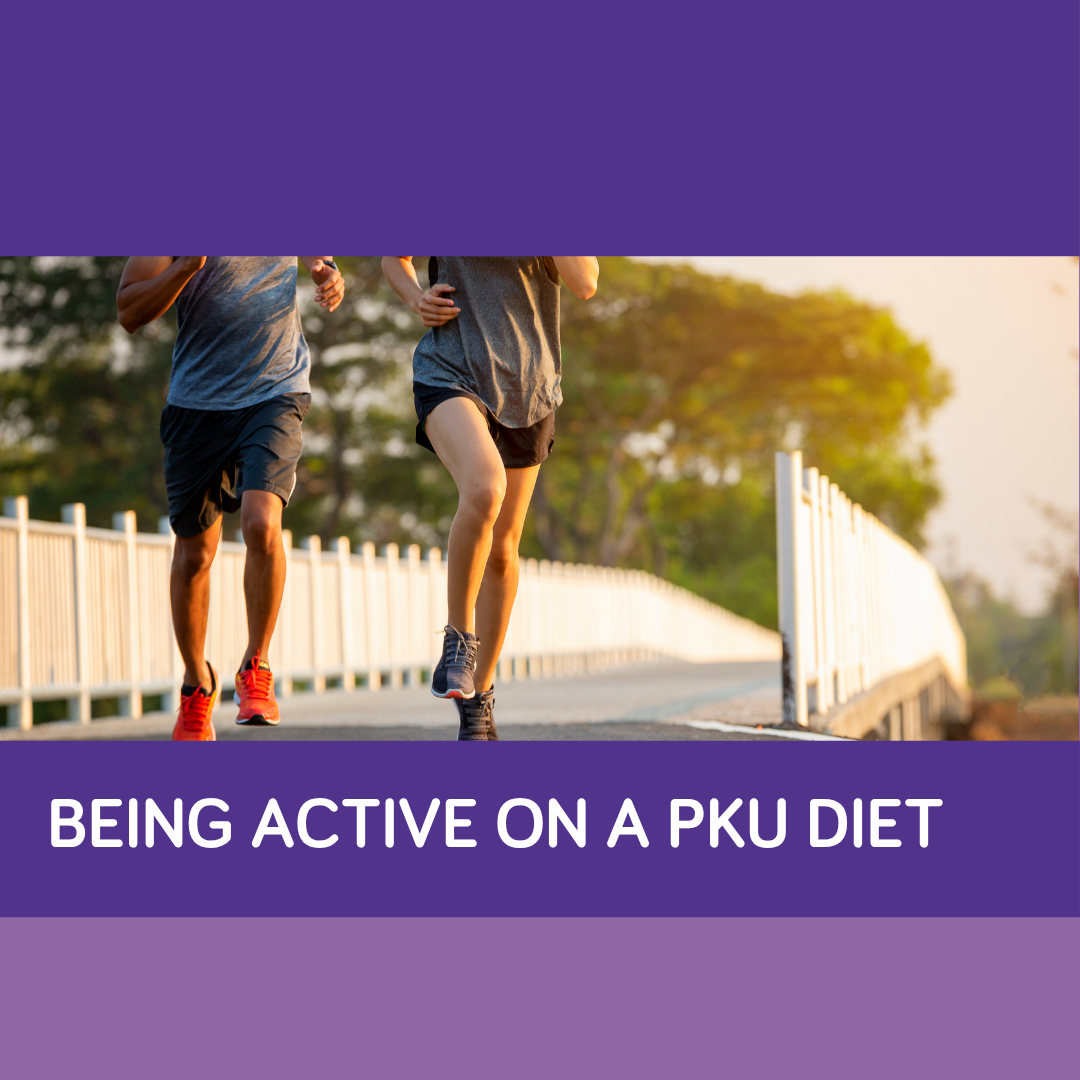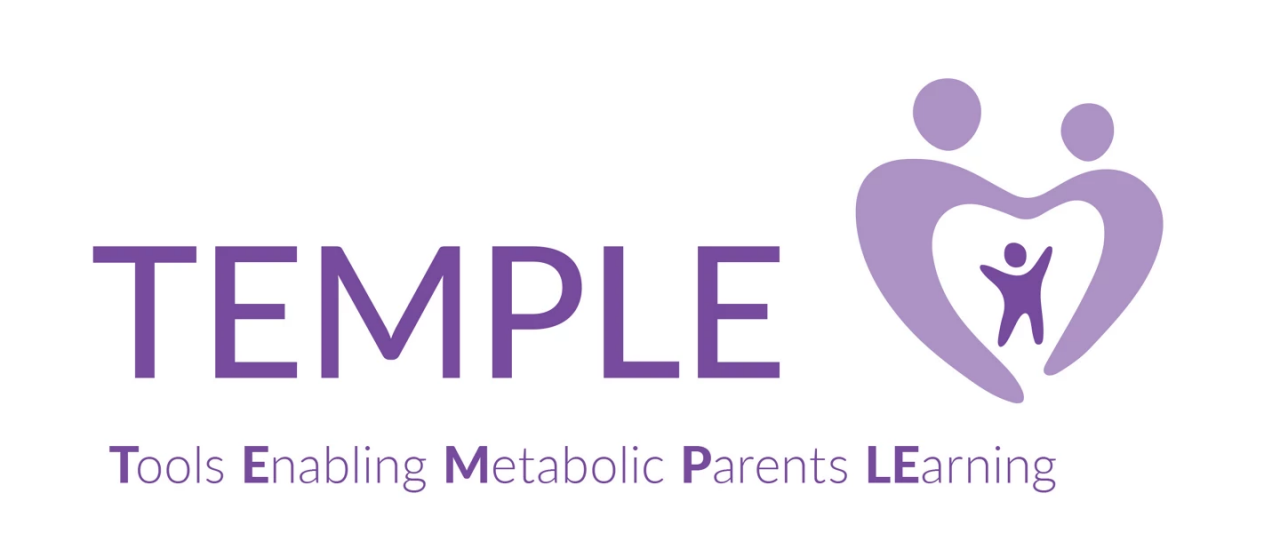Articles & Stories
Welcome to Nutricia articles & stories where you will find a broad range of content, providing useful tips and advise. If you or the person you are caring for is on a Low Protein Diet, choose a Metabolic Condition to further specify your results.
Living with
Life stage
Type
Metabolic Condition
Living with
Life stage
Type
Metabolic Condition
We have 76 result(s) matching your search























